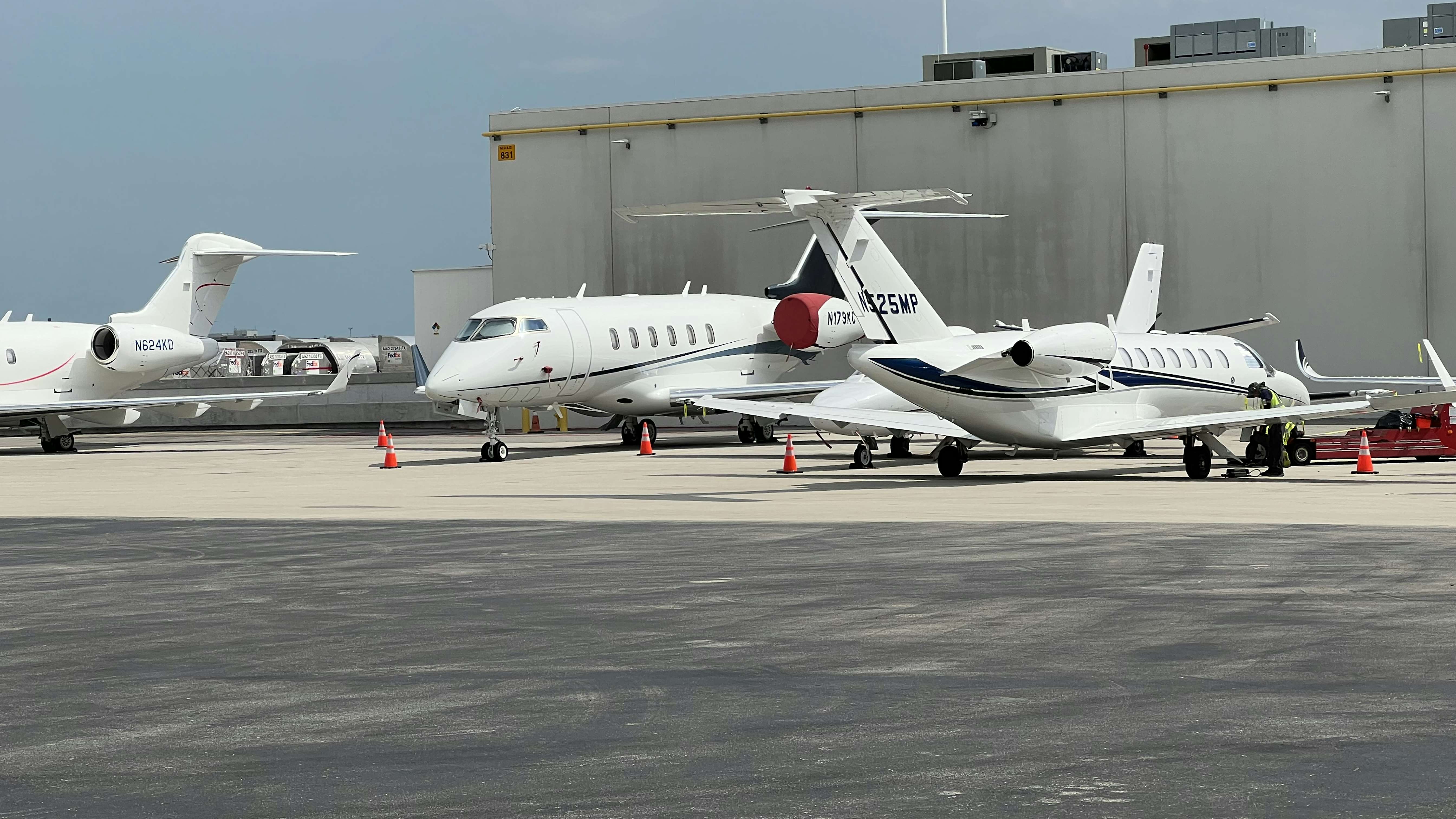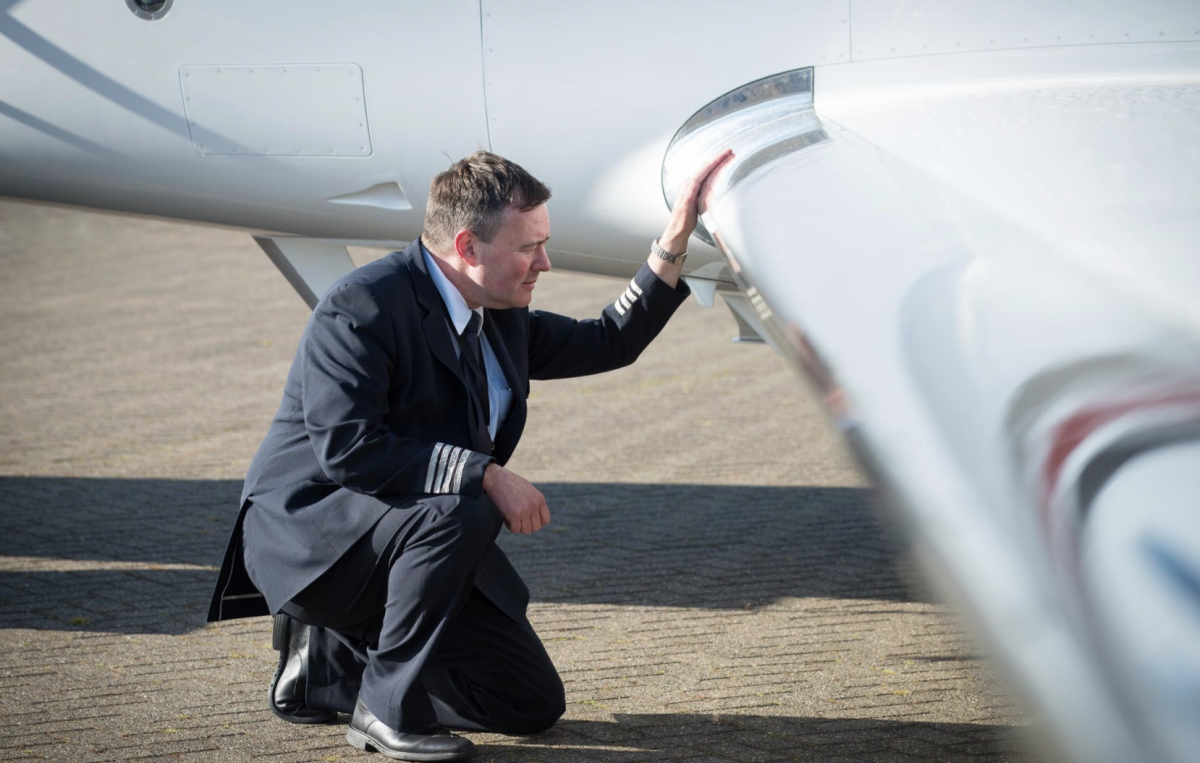
Private aviation still struggling with supply chain, labor issues.

A panel of private aviation executives speaking at Corporate Jet Investor’s Town Hall said the industry is still struggling with supply chain and labor issues that are increasing costs and keeping private jets grounded.
The comments come even as providers cut private jet card charter pricing and offer bonuses against a backdrop of falling demand.
Argus Traqpak projects May private jet flying to drop 2.4% after a 7.7% decrease in April.
Asked about the challenges, Derek Holter, Operations VP at Canadian private jet management and charter operator ACASS, said, “The topics are maintenance backlogs, parts, and people shortages, rising prices, and maintaining safety standards.”
Logan Brown of MRO Innotech-Execaire Aviation Group added, “The biggest challenge is long lead times for parts, components, specialty items in the cabin.”
While the supply of tires and chips had improved, Brown told listeners, “We’re still seeing delays in cabin-related components. Maybe the cabin interior company had gone out of business.”
He says it takes human resources “trying to track down alternate sourcing.”
Additionally, with Covid retirements, Brown said MROs are now challenged “keeping the workforce up to speed with older aircraft. Older aircraft are staying in service longer,” he said.
“It’s the skilled labor that’s really driving it. You can hire people, but it’s the skilled people that keep things on time,” Logan noted.
One solution is mentoring, having apprentices work alongside veterans, which at the same time increases costs.
Ultimately, he said, operators and aircraft owners need to better schedule planned maintenance in advance.
“We need to get firm decisions on anything you need to be done to your aircraft so we can secure necessary parts six months in advance,” he said.
Holter agreed. He told the CJI audience, “The way we plan our maintenance can’t be the way it was before Covid.”
Stefan Buschle, Jet Aviation’s Head of Maintenance Sales, agreed the industry is still being squeezed. “On one hand we see part shortages, staffing issues. On the other hand, we see clients taking decisions on short notice with requests for maintenance, which puts us in a position where we are always running behind,” he noted.
He called it the Amazon effect. “We all want everything by pressing a button,” he said.
At the same time, “Airplanes are getting bigger and more complex.”
While owners are often taken aback at increasing costs for maintenance, Buschle said, “In the past, suppliers would give us yearly price lists. Now not only have they risen a lot this year, but the increases are coming in short periods.”
Looking ahead, the Zurich-based executive said, “If we don’t have any new wars, no pandemics, overall, we’re quite optimistic.”
Kalyna D’Amico, also of ACASS, noted the challenges of keeping cockpits staffed, pointing to research showing 75% of U.S. private jet operators “are having trouble maintaining pilots.”
She said, “Right now, pilots are being selective.”
In the meantime, some private aviation providers are looking outside the industry.
Adel Martini, CEO of Jetex, told attendees that the FBO group could staff up by recruiting customer service employees laid off from the hotel industry while mainstream travel was shut down and private jet travel surged.